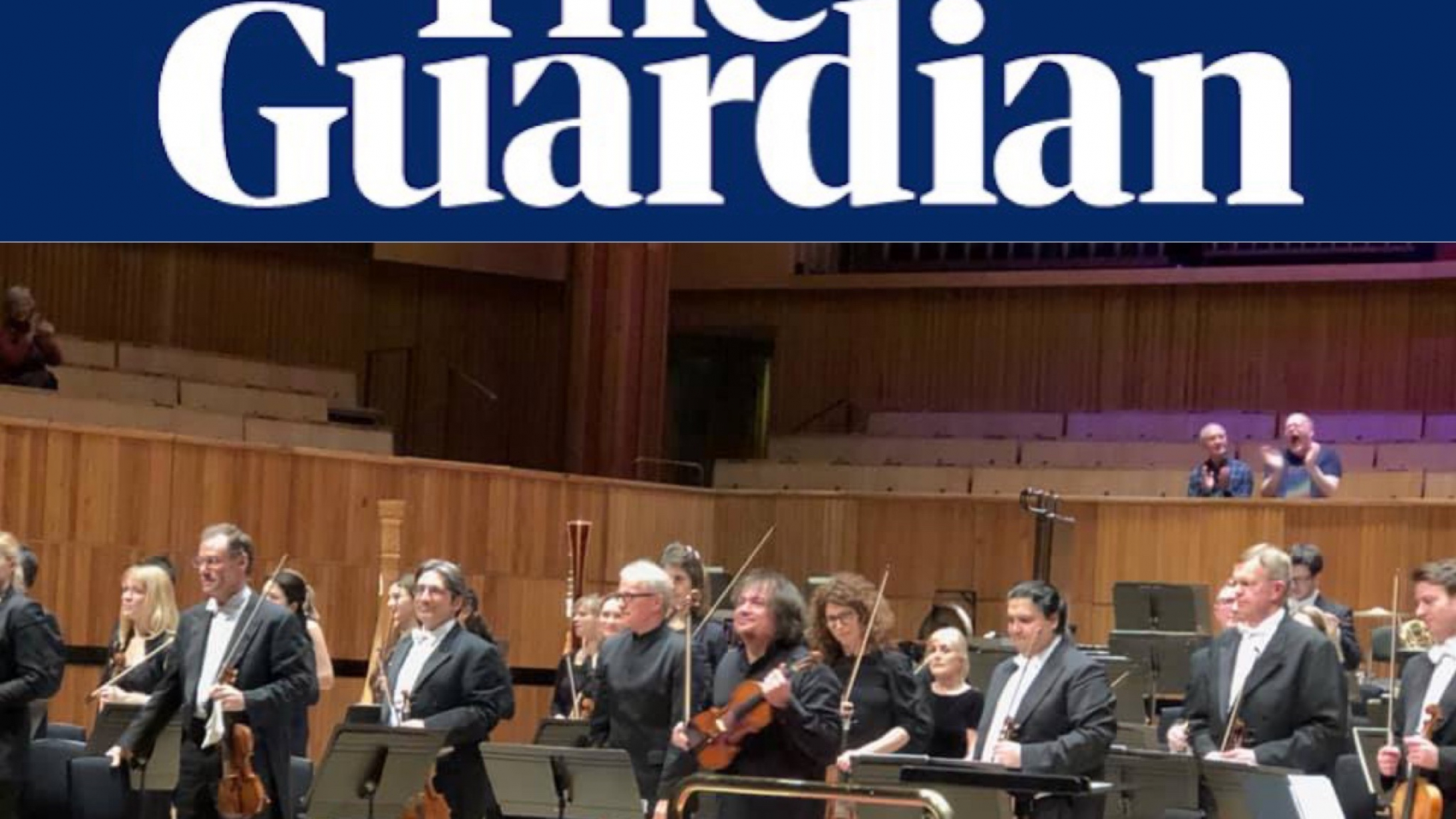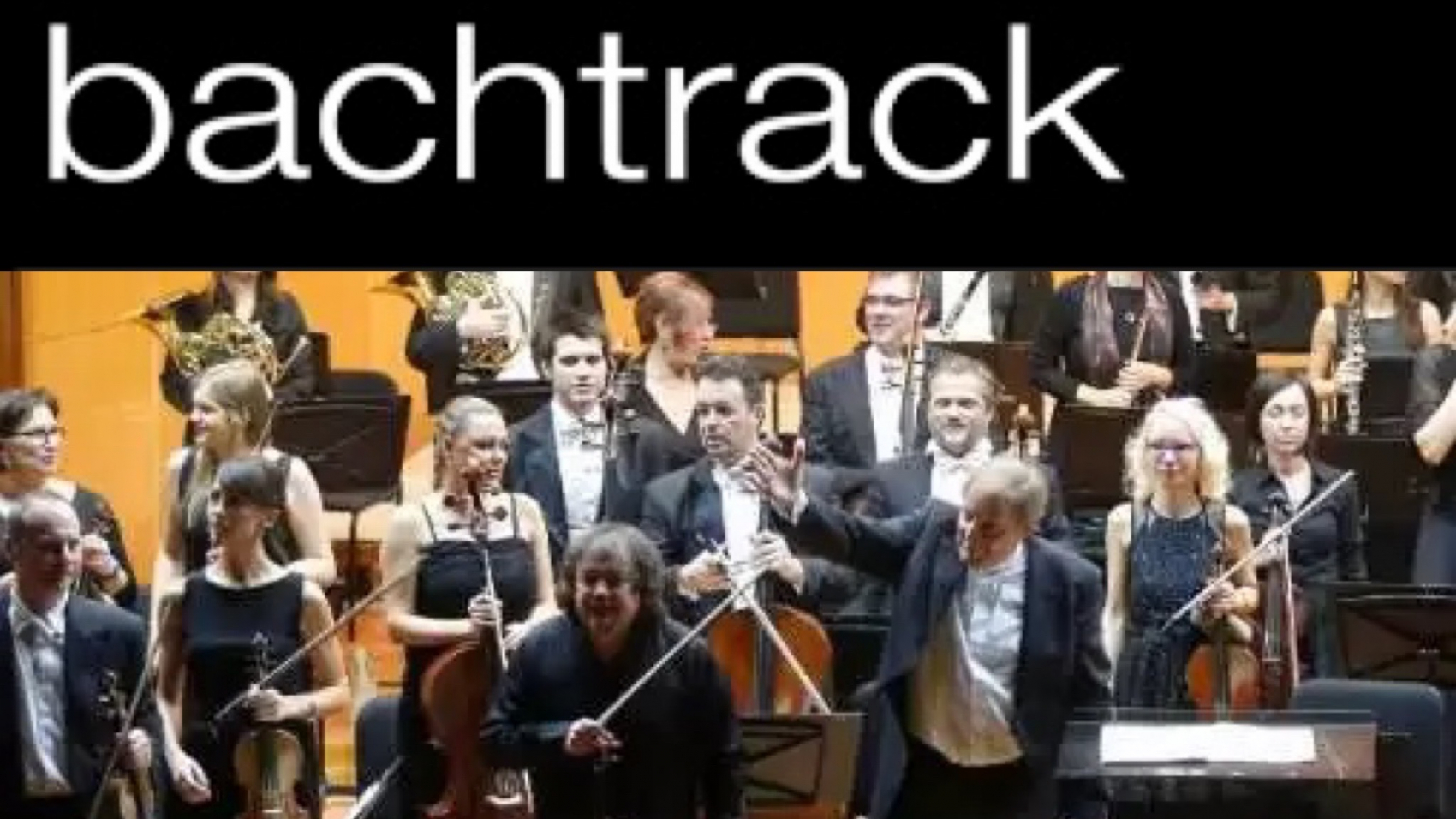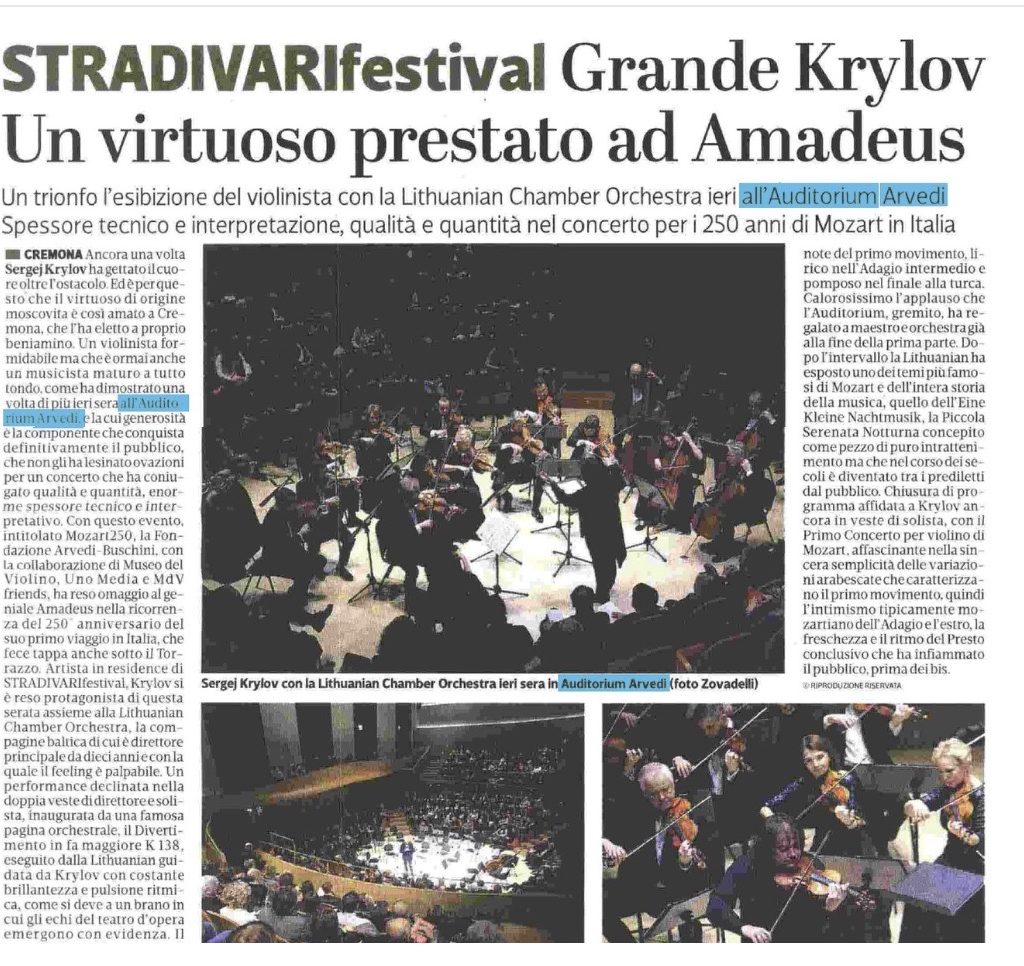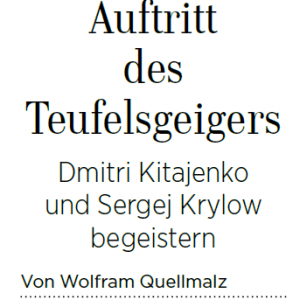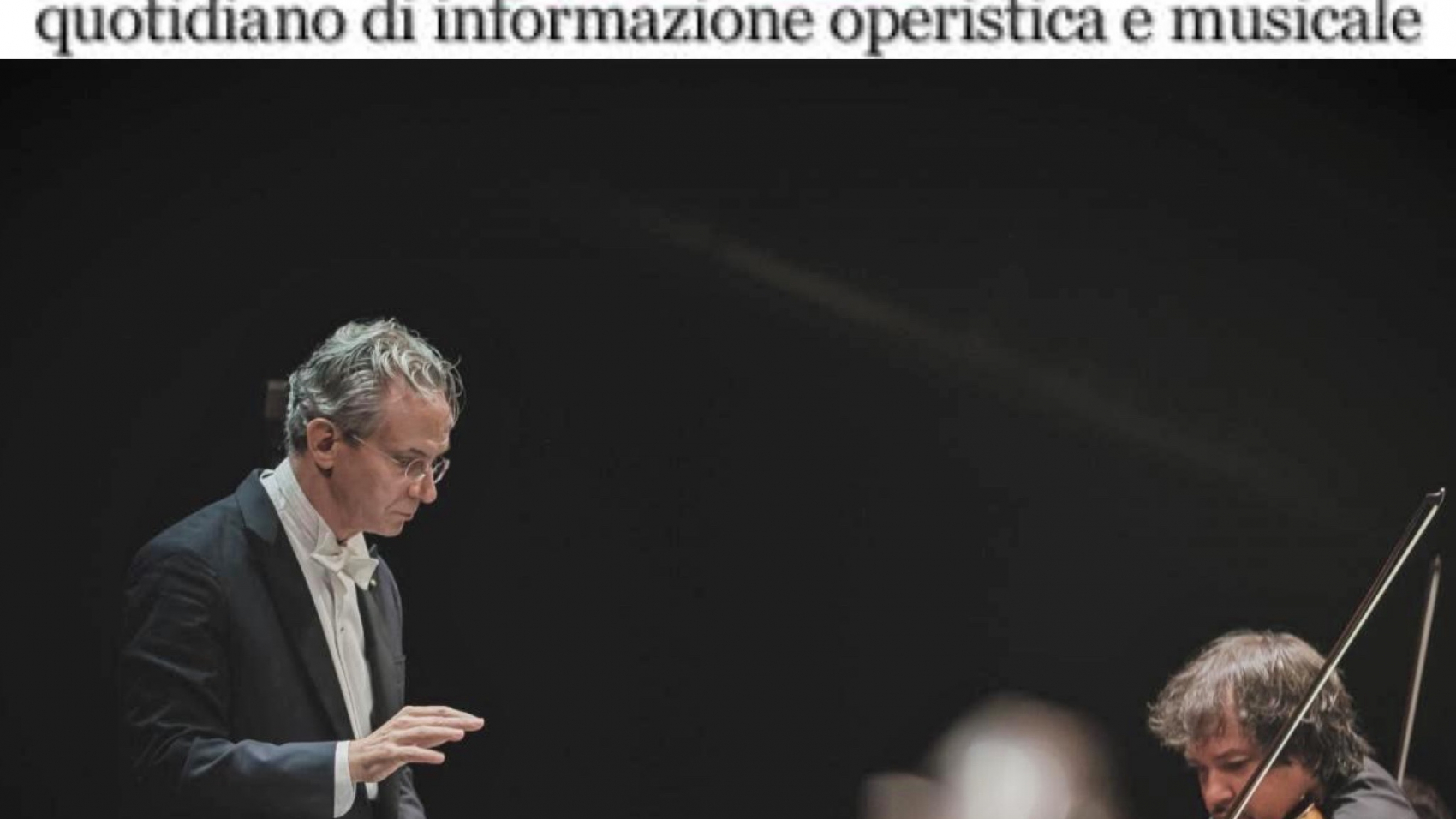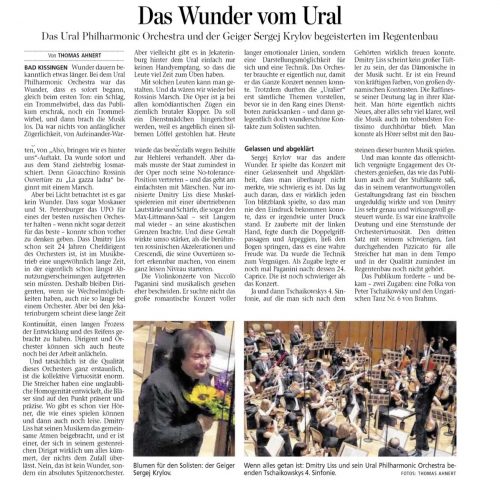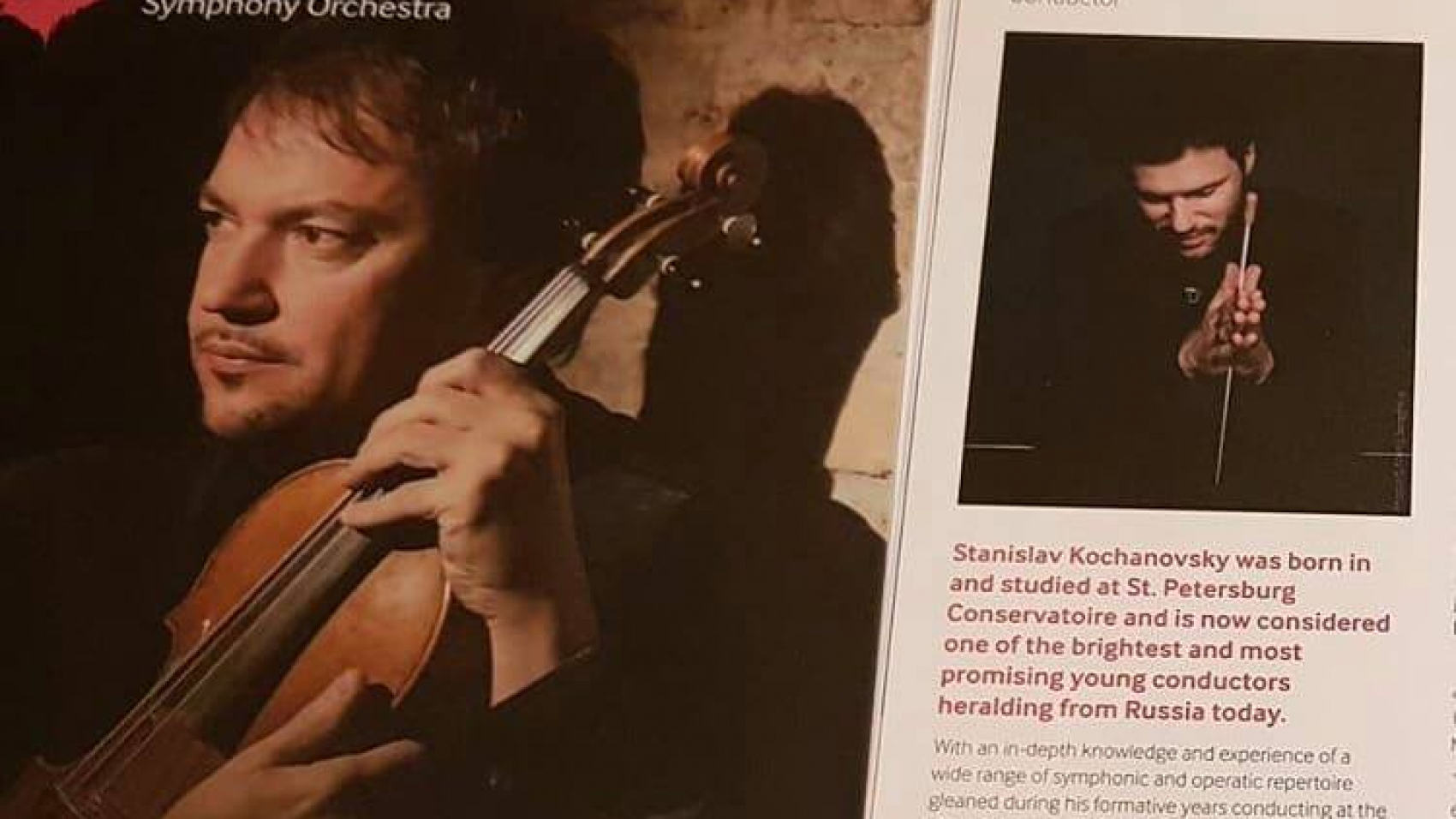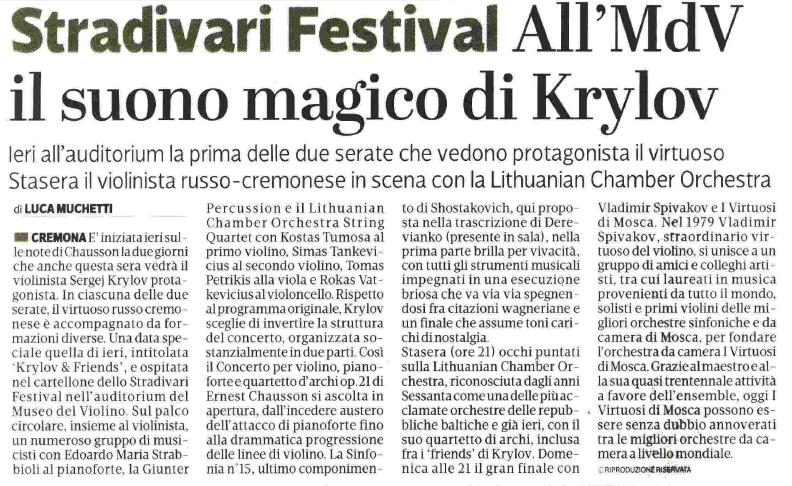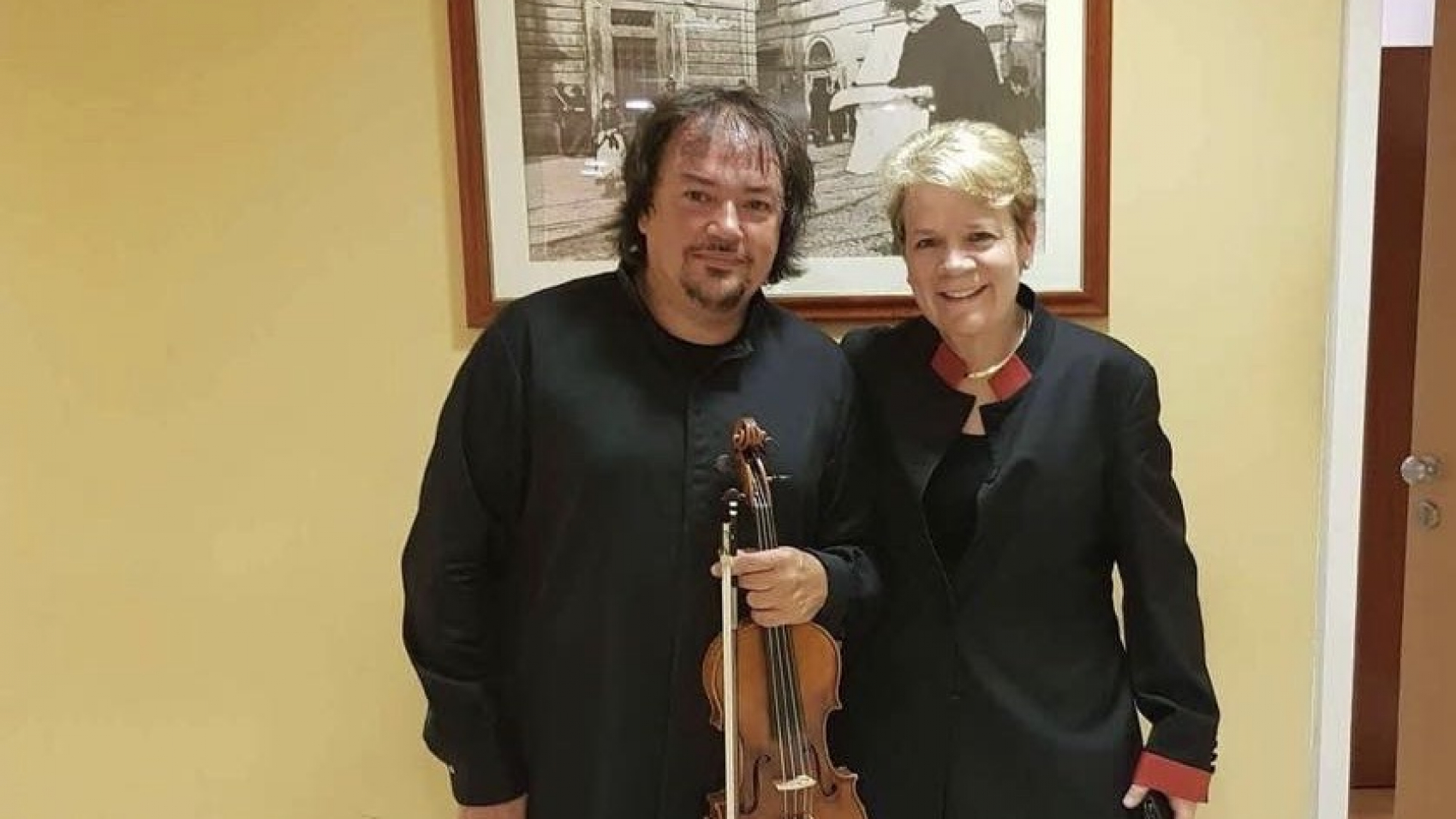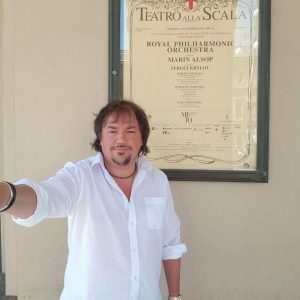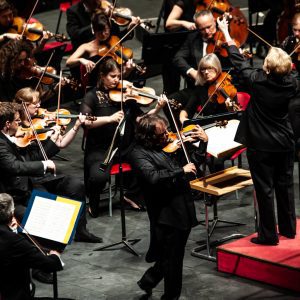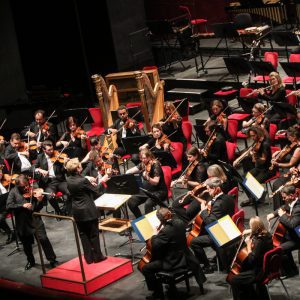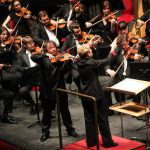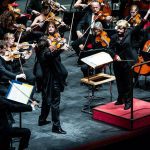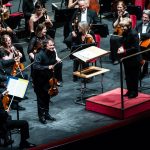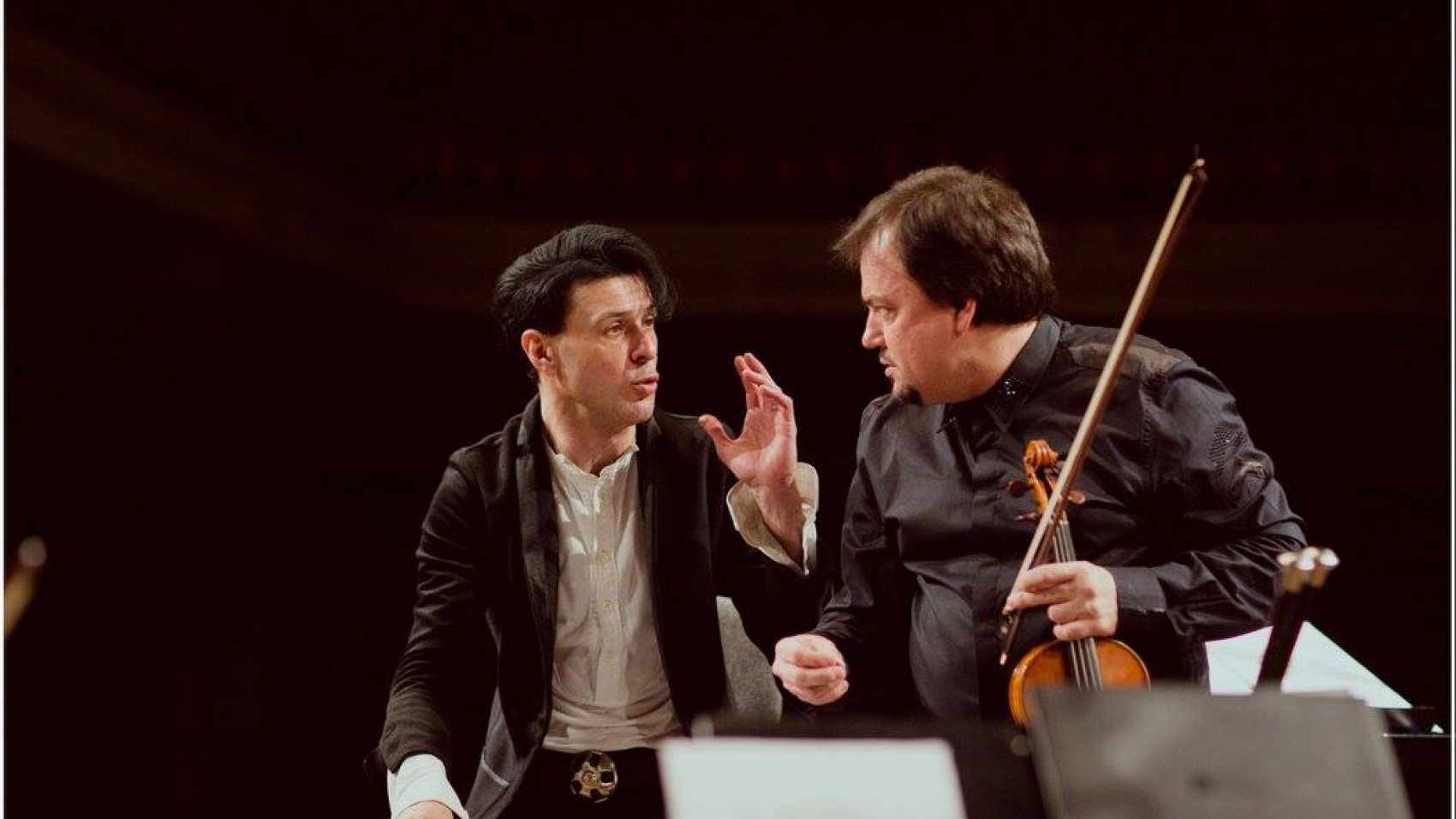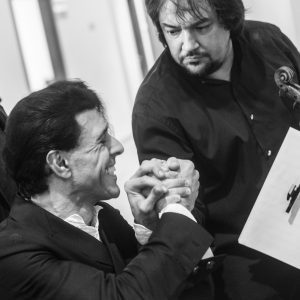Krylov, Vänskä, LPO, Royal Festival Hall
Tim Ashley, February 26, 2020
LPO/Vänskä review – understated dexterity meets energy and fire
Royal Festival Hall, London
“Krylov sounded superb, playing with attractive sweetness of tone and easy, if understated dexterity”
Violinist Sergej Krylov was superb in Spohr’s Second Violin Concerto, with conductor Vänskä bringing precision and attack to works by Elgar, Webern and Rautavaara.
The centrepiece of Osmo Vänskä’s first concert in the London Philharmonic’s 2020 Vision series was Louis Spohr’s rarely heard Second Violin Concerto, with Sergej Krylov as soloist. Spohr (1784-1859), a virtuoso violinist as well as a composer, was as famous as Beethoven in his lifetime and professed an at times guarded admiration for the latter’s work. His own music, however, is uneven, and the concerto is no masterpiece.
There are dips throughout in melodic and thematic inspiration and little sense of dramatic interaction between soloist and orchestra. The novelty lies in the difficulty of the violin writing, most notably in the adagio, double-stopped throughout and creating the illusion of two violins playing a duet in counterpoint. Krylov sounded superb, playing with attractive sweetness of tone and easy, if understated dexterity. Neither he nor Vänskä, however, could disguise the fact that the polonaise finale overstays its welcome.
Spohr’s concerto was placed alongside Elgar’s In the South and Webern’s Im Sommerwind, both from 1904, and Rautavaara’s Book of Visions, written a century later. Elgar’s concert overture, reflecting on the beauty of Italy and the violence of its history, can turn grandiloquent, though Vänskä’s interpretation had marvellous energy and dramatic fire. Rautavaara’s spiritual meditations run the risk of seeming nebulous, but here their blocks of sound and shifting dissonances hit home with considerable force. Im Sommerwind was the evening’s high point. Conducted with scrupulous attention to detail and played with breathtaking precision, it reminded us that despite its flaws in shape, its thematic compression and fragmentation contain in embryo so much that was to follow in 20th-century music.
